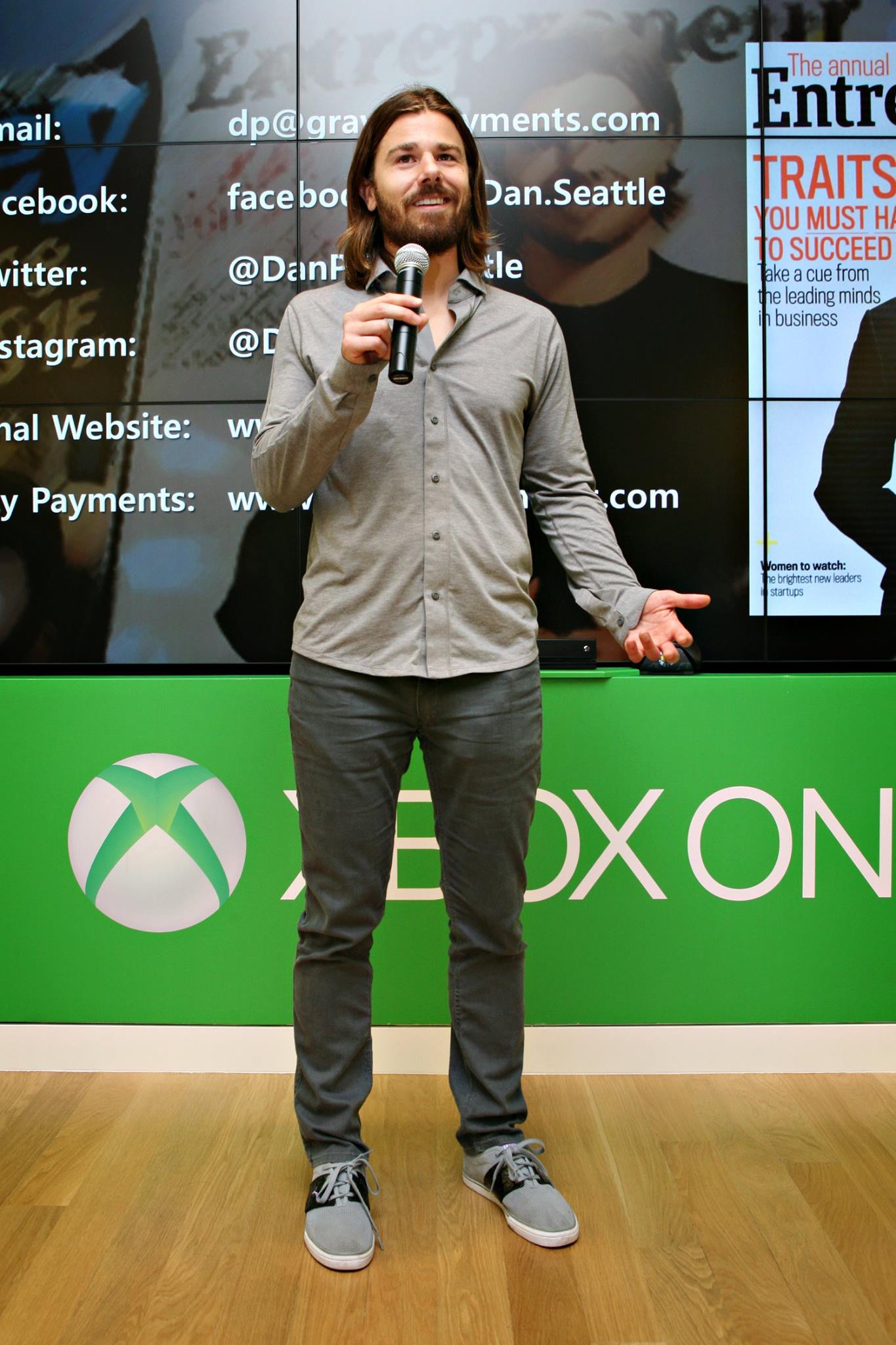CEO Proves You Can Increase Pay and Increase Profits

By:
In April, Gravity Payments CEO Dan Price announced that he would raise employees' minimum salary to $70,000 over the course of three years and cut his own salary by nearly $1 million in the process. The story of the company-wide pay raise got Price a lot of attention, some of it negative.
Now, it seems his plan is working out.
Since the pay increase, profit has doubled.
Price told Inc. Magazine that since he started implementing the changes, Gravity's profits have doubled, thousands of people have applied to work at the company, and revenue is growing twice as quickly as before the raises. The company was already at $150 million in revenue and $2.2 million in profit before the upswing. The customer retention rate went from 91 percent to 95 percent. Ultimately, Price said that the salary increases will cost the company $1.8 million over the three-year period.
RELATED: Here are 5 Companies You Want to Work For
"I'm a huge fan of Martin Shkreli."
ATTN: caught up with Price to talk about business and where his mind is right now. Price told us that he's been thinking about today's business practices a lot and wants to show people that things need to change. He's pretty much the pop culture antithesis of Martin Shkreli, the infamous pharma bro who raised the price of a drug used by cancer and AIDS patients to absurd levels and angered the country. Price had an interesting take on the guy.
RELATED: Why Martin Shkreli Might Actually Lead to Progress
“I’m a huge fan of Martin Shkreli,” Price said. “I’m a huge fan because I think he is highlighting the current status quo in business, which is that the only thing that matters is shareholder value ... a lot of people think it’s illegal to do anything other than maximize shareholder value. In fact, I thought that for the majority of my career.”
 Gravity Payments / Facebook - facebook.com
Gravity Payments / Facebook - facebook.com
Regardless of what you think of the Shkreli, Price believes our focus on the controversy will have a beneficial impact on the country overall.
“We can take back our business culture, and we can start to have a culture of progress, rather than status quo,” he said.
Price wants to see companies fighting for more than a few extra dollars in their shareholders' pockets.
“We’ve been told business is about cutting expenses, and particularly people, so keeping them down and doing write-ups, leveling out the balance sheet, borrowing money as a means to have a higher return on equity, and then you kind of say you’re going to innovate or say you’re going to grow but don’t really take any risks," he said. Price said he tried that business model, and it was "horrible and destructive."
 Gravity Payments / Facebook - facebook.com
Gravity Payments / Facebook - facebook.com
Though it often did raise shareholder value, it was hurting the company and its people. He thinks the way he's doing things now is better, regardless of the people who question his logic. "In the most respectful way possible, I expect to have naysayers, because I’m putting up a huge middle finger to that way of doing business,” he said.
Price decided to raise wages when he saw that people were struggling.
Price initially decided his company had to address its salaries when a phone technician who was making $35,000/year confronted Price and said he was "ripping him off." He also had a friend making under $50,000/year whose rent went up $200, which made them worried about paying their bills.
RELATED: The Three Biggest Myths About Raising Wages
Price felt bad — he was making over $1 million/year while others were struggling to make ends meet, and he eventually looked at the company finances and figured out how he could raise wages. It looks like it paid off. Many people celebrated Price over his decision because of the public outrage over income inequality, and he recognizes that.
“Income inequality is a good thing," he said, explaining that some inequality can motivate people. "It’s something that’s okay to a point. I think most people, be they Republican, Democrat, Christian, Atheist, across the different cultural and political spectrums, are all united around this idea that the pace that income inequality is growing is really dangerous, and it’s going to be terrible for everyone, whether it’s people at the top or at the bottom.”
Price said if companies don't start self-regulating and self-governing in a more moral way, the government will likely have to step in to prevent income inequality from growing any faster, whether they like it or not.
Check out ATTN:'s video highlighting companies known to pay good wages:
